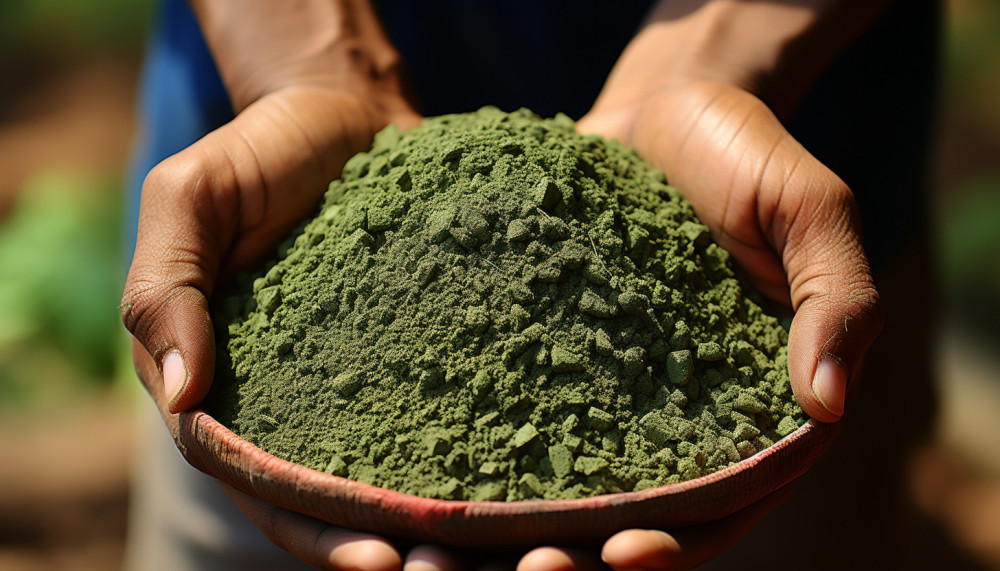Kratom is commonly sold in tablets, capsules, powder, or as a tea (leaf). Kratom is frequently touted and considered effective in treating opioid addiction, opioid withdrawal, hypertension, and the treatment of cancer and some other serious diseases, although these claims remain unverified.
What are the side effects of kratom?
A large number of deaths in the US were related to the use of kratom in combination with illicit substances. Kratom contains two compounds, mitragynine and 7-hydroxymitragynine, which are the basis of the narcotic-like and arousing reactions that kratom users are likely to experience. See the site for more information about kratom. For more details, go to https://www.topofthefacts.com/
Kratom can cause a number of side effects, including liver damage, nausea, itching, sweating, dry mouth, convulsions, constipation, high urine output, decreased appetite, and hallucinatory effects.
The consequence of death in Kratom
Although kratom has not been directly linked to deaths, it has been found in several overdose deaths in combination with one or more illegal chemicals. In particular, kratom has been linked in 2018 to a number of salmonella outbreaks, with many victims requiring hospitalization. Like any other narcotic component, kratom can be overdosed and addictive, which means that users may experience physical withdrawal when they stop using it. Withdrawal symptoms include: muscle pain, insomnia, irritability, hostility, aggression, emotional upset, jerky movements, runny nose.
Similar articles

Unconventional French Cuisines: A Foodie's Travel Guide

Why do foreigners have to pay the Visitax before traveling to Mexico ?

Fashion: reasons to buy a woman's backpack

What is the value of a clinical research network ?

VR porn games : what you need to know ?

Primasia: What is the register of significant controllers?

What are the steps to start astronomical photography?

How to extend the life of your battery?

Pokémon Scarlet and Violet : Obtain the Cortondo Gym badge

All about the Lead generation

Why invest in luxury real estate?

Why have sex every day?

Why choose the game Aviator?

Timelapse Shots, We Tell You Everything

Why opt for the digital transformation of your company ?

Staking of cryptocurrencies : all about how it works

What are the benefits of handpan vibrations?

Some examples of kpis to follow in a corporate call center

3 good reasons to think about securing your site

Comment rejoindre la communauté Crunchbase ?

Obtaining the passenger location form online

What about the expansion of video marketing after COVID 19 ?

The sexual libertinage in couple

The essentials to know about ICP charging

Relationship between the amount of fat and bodybuilding exercises

What is the purpose of a washbasin in a bathroom ?

Hiring a sales company for a web design agency

How to install a bathroom mirror?

Some precautions to take when finding a lost cat

What is the importance of an e-commerce marketing agency?

The amount of protein for good health

Designing a small bathroom: how do you go about it?

Why choose Facebook affiliate marketing?

How to help a lost cat find its way home

What should I know about search engine optimization ?

Some tips to relieve stressful moments

How to successfully organize a birthday party for children ?

Why not compare the Bible and the Koran?

What is the budget to install a furniture in a bathroom?

How to repair the deck of your house?

What types of wood stoves to choose for a used purchase?

The Nikkei 225: what should you know about it?

How to successfully customize the iframe of a timelapse project?

What you need to know about Snapchat's night mode

What are the main types of pretzels?

What can we know about the Namaste greeting?

The Role of a wedding planner on a successful wedding

The criteria for choosing your VoIP telephony

All about the mail checker

Is a home automation sensor a real?

Sportify: over 35,000 accounts hacked by hackers

How to know that your mattress is good for your health

The brain: how to improve its performance?

